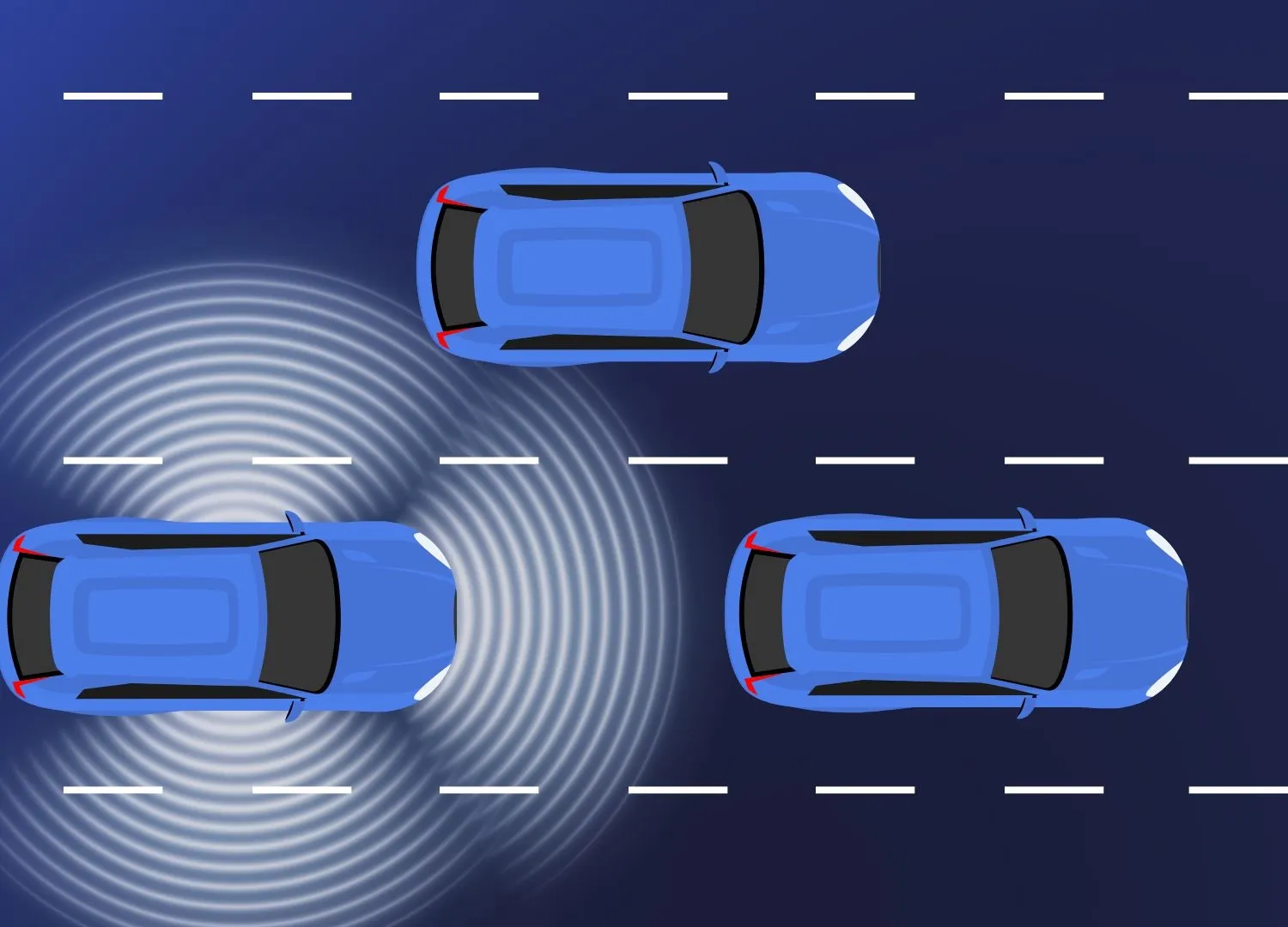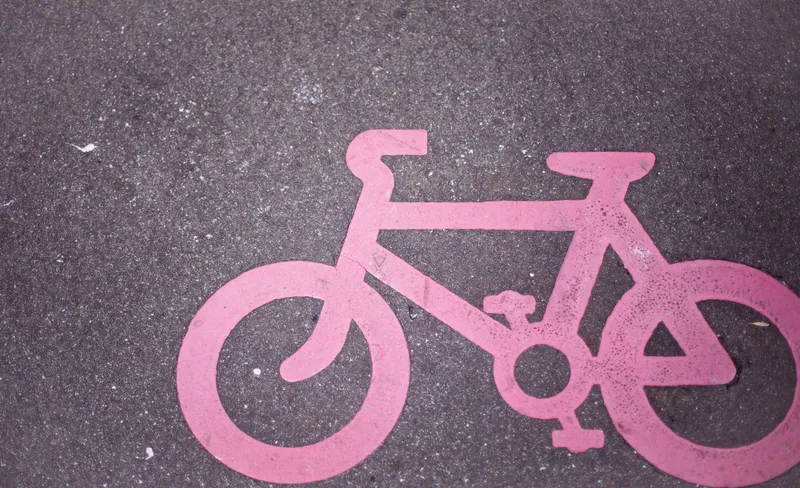July 26, 2022
PTV Group has launched a new modelling generation, which automates much of the painstaking business of building transport models: With Model2Go, models can be set up for any city or region worldwide within just a week. The new technology provides users such as cities, consulting companies or research institutions with a ready-made foundation on which they can directly implement simple and complex use cases.
For the product launch and to underline the diversity, PTV experts have built 6 ready-to-use Model2Go example models for the cities of Amsterdam, Atlanta, Berlin, Cape Town, Manila and Paris, for different areas of application. According to PTV, this collection can be extended with multiple use cases for any desired city in the world.









